LINCOLN- On Wednesday, Gov. Jim Pillen held a news conference celebrating the state's first $1 billion pledge towards the Education Future Fund, highlighting that such an investment in public education far outweighs the costs of Nebraska's new Opportunity Scholarship Act, which provides tax credits for those funding scholarships for children seeking to attend private K-12 schools. As a petition fight is being waged against the Act by several oppositional groups, including the Nebraska State Education Association, Pillen argued at the conference that it will not, as many argue, divert funding from the state's public schools.
"That's not true at all," said Pillen of this argument, "We have added through this priority funding $305 million more in education funding. The Opportunity Scholarship Act is $25 million off the top of state funding through a tax credit." When asked to clarify his argument, Pillen said, "That money comes off the top line of the budget of six and a half billion dollars of revenue from the state. It has not tie-in with education at all." The Education Future Fund, which would provide $1,500 in baseline aid to every public school district in Nebraska, is certainly a welcome disbursement of state aid, but some, including NSEA and Support Our Schools Nebraska, are skeptical that the $1 billion pledge will be achieved.
To back this up, NSEA and Support Our Schools Nebraska pointed to the fiscal estimate for the impact of the Opportunity Scholarships Act, which predicts that state aid to public schools could decrease by around $12 million, if enough students transfer from certain aid-receiving school districts to private schools. Jenni Benson, president of the NSEA, went on to argue that public school costs would not necessarily decrease because a few students leave a district and attend a private school instead. Benson also added that the Opportunity Scholarship Act is a stepping stone toward a full-blown voucher system. "They say this isn't tax money, but it is," said Benson, "The general fund funds public education. It will affect public school funding because it has to if it continues to grow."
For the full article click HERE
